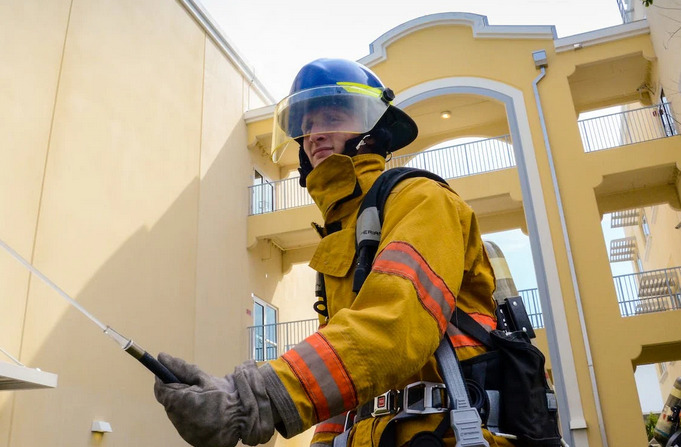
Purchasing or selling a home that has been damaged by fire can be a complex and challenging process. If you want to know what happens to property values after a fire, it’s important to factor in legal considerations. The legal considerations involved in such transactions require careful attention to ensure that your interests are protected. Here are more details on what to consider when dealing with fire-damaged properties.
Disclosures and Property Conditions

As a buyer, it is crucial to receive full disclosure regarding the extent of the fire damage and any repairs or renovations done. Sellers have a legal duty to disclose all known material defects, including fire damage, to potential buyers. Additionally, sellers may need to provide documentation on the repairs done and obtain any necessary permits. It’s important to thoroughly review all available information and consult with a real estate attorney for a comprehensive evaluation of the property’s condition.
Insurance Claims and Settlements
If the property has been previously insured, understanding the insurance claim and settlement process is vital. Ensure that relevant policies are transferred to the new owner or that the seller has settled all claims. Review the insurance policy thoroughly to determine the extent of coverage and any limitations or exclusions applicable to fire-damaged properties. Consulting an insurance professional is advisable to assist in navigating the complexities of insurance settlements.
Environmental Compliance

Fire-damaged homes may pose environmental hazards due to the release of toxins from burned materials. Depending on the extent of the damage, local authorities may require environmental testing or remediation. Knowing and complying with local regulations is essential to avoid any liability issues in the future. Consulting with environmental experts can help identify potential risks and guide you through any necessary compliance measures.
Financing Challenges
Securing financing for a fire-damaged home can be challenging, as many lenders may be hesitant due to the increased risk associated with such properties. Buyers may need to explore specialized financing options or pursue alternative methods, such as private financing or cash transactions. Engaging a mortgage broker familiar with fire-damaged properties can help identify lenders who are comfortable with such transactions and streamline the financing process.
Legal Documentation and Contractual Protections
To protect your interests, it is imperative to have appropriate legal documentation and contractual protections in place. This includes a detailed sales contract that outlines the condition of the property, any repairs or renovations, and any expressed or implied warranties. Consultation with a real estate attorney ensures that all necessary legal documents, such as property disclosure statements, inspection reports, and appendices, are properly prepared and reviewed for accuracy and fairness.
Dealing with fire-damaged homes requires careful attention to legal considerations to safeguard your interests. From thorough property inspections to proper disclosure documentation and contractual protection, navigating these transactions may seem daunting without professional guidance. Consulting with real estate attorneys, insurance professionals, and environmental experts can provide you with the necessary expertise to make informed choices and move on confidently in your fire-damaged home transaction. Remember, protecting your interests is paramount.…
